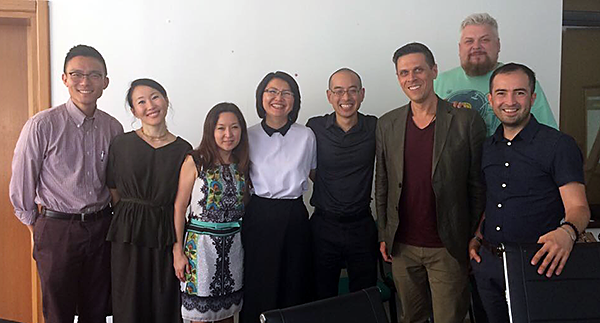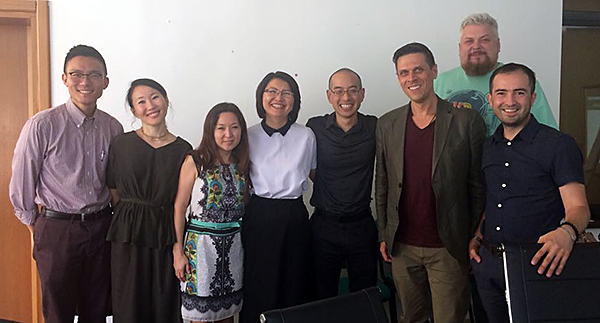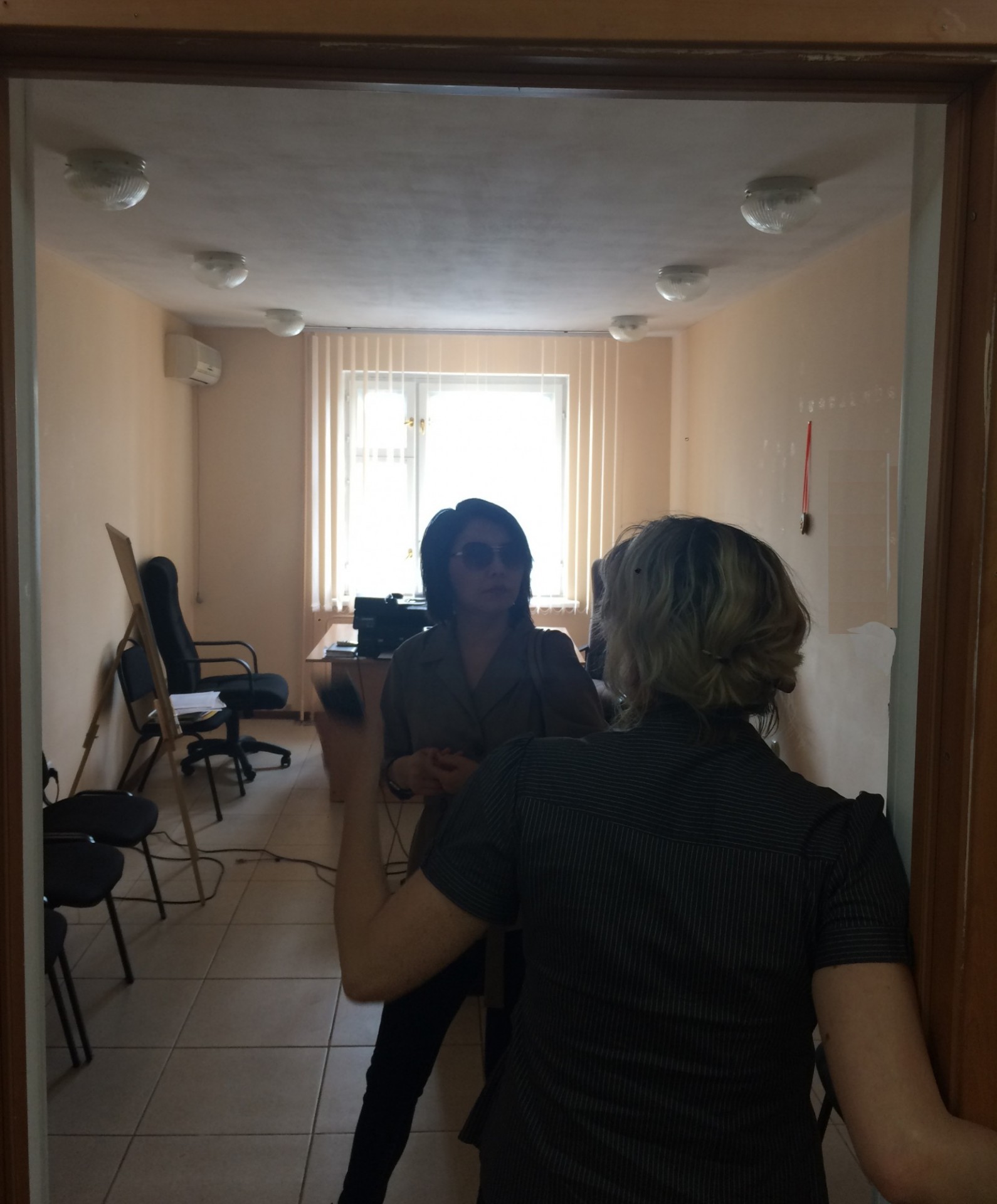What if these same social media platforms, used to share our own personal updates, could also be used to prevent HIV?

This summer -- if your social media feed is anything like ours -- you undoubtedly saw an endless stream of beach photo updates from your network. Friends on the beach, kids on the beach, two feet in front of large bodies of water ... you get the picture.
Though the above beach in Kazakhstan is beautiful, we are going to share a different kind of update. What if these same social media platforms, used to share our own personal updates, could also be used to prevent HIV?
While many of us were at the beach, there were a few special scientists and community leaders tackling this very problem.
Issue: HIV epidemic in Kazakhstan
Kazakhstan is one of the nine countries in the world that saw a greater than 25% increase in HIV incidence in the first decade of this century. The burden of the epidemic has fallen disproportionately on key vulnerable populations including injection drug users (IDUs) and men who have sex with men (MSM).
Despite the country’s efforts to prevent and treat HIV, multilevel barriers and challenges exist, and have been documented in recent publications (including in the AIDS and Behavior and LGBT Health among others) by scholars and researchers at the Social Intervention Group (SIG) and the Global Health Research Center of Central Asia (GHRCCA).
Introducing UNI → Innovation: Engaging MSM in care continuum using face-to-face and digital social networking methods

As with MSM in other countries and parts of the world, MSM in Kazakhstan experience high levels of stigma and discrimination. For this population, issues of discretion and safety take on greater importance, and social networks become important means of transmitting information and engaging in change.
UNI is a social network-based intervention designed to allow individuals to share and promote health within their personal social networks. MSM themselves are experts in how and from whom to find safe, compassionate care, and will collaboratively explore ways of sharing their knowledge with others.
UNI will engage over 1,000 MSM in three largest cities of the country. The international organizations and the LGBT community in Kazakhstan are expressing their hopes for the project to become a milestone to the support and development of the LGBT rights in the country and in the Central Asian region overall.
"I believe UNI's new and modern approach is taking a major step to change the unfortunate HIV [situation] in Kazakhstan and will have a significant impact on human lives."
--Timur Khassanov, UNI Working Group member
Moreover, the UNI intervention will be the first science-based program in Kazakhstan to specifically and systematically include social media as a tool for HIV prevention and care.

Rolling out UNI in Kazakhstan: Will social networks help prevent HIV?
This summer, the UNI team, comprised of SIG and GHRCCA staff, made visits to potential locations across Kazakhstan for conducting the future UNI intervention. The team began to research social media platforms utilized by sexual and gender minority communities to identify what platforms are used, how they are used, and the pros/cons to each platform with respect to confidentiality and safety.

The UNI team and community just kicked off their first meeting of the UNl Working Group in Almaty. Under the leadership of SIG's Dr. Elwin Wu as Principal Investigator and Drs. Nabila El-Bassel, Assel Terlikbayeva, Timothy Hunt, and Sholpan Primbetova as Co-Investigators, the team will roll out the UNI intervention in three major cities in Kazakhstan -- Almaty, Astana, and Shymkent -- and test its efficacy in increasing engagement of MSM in HIV care continuum.
